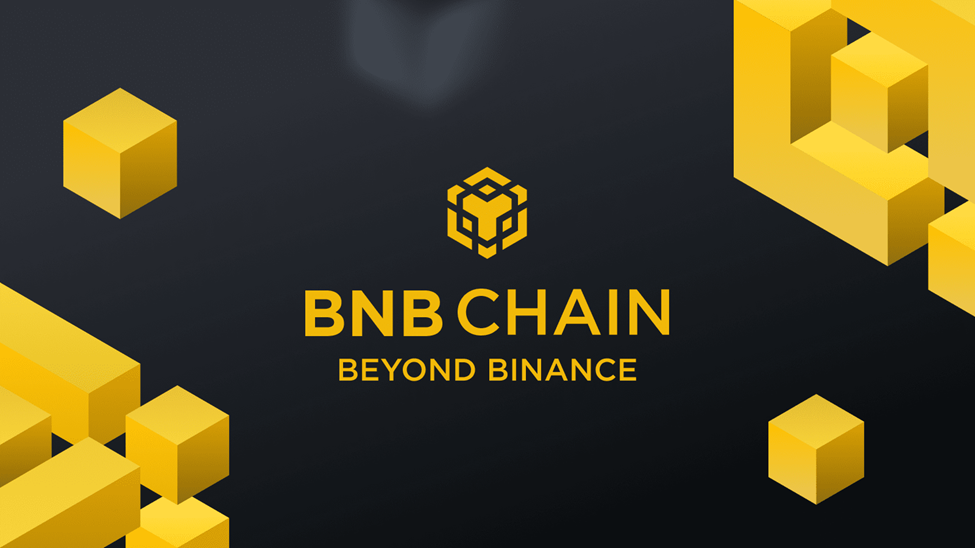
In the dynamic world of cryptocurrency, few assets have carved out a role as multifaceted as BNB (Binance Coin). What began as a utility token for a nascent exchange has evolved into the native cryptocurrency of a vast and influential blockchain ecosystem, playing a pivotal role in the expansion of decentralized finance (DeFi), Web3 gaming, and a multitude of innovative applications. For CEOs observing the digital asset space, understanding BNB’s trajectory and its underlying network, the BNB Chain, is crucial for grasping key trends in the blockchain landscape.
From Exchange Utility to Ecosystem Fuel
BNB was initially launched in 2017 as an ERC-20 token on the Ethereum blockchain, serving primarily to offer discounted trading fees on the then-burgeoning Binance exchange. This initial utility quickly fostered adoption. However, BNB’s true transformation began with the launch of the BNB Chain (formerly Binance Smart Chain, and before that, Binance Chain). This move shifted BNB from being just an exchange token to the core asset powering an entire, independent blockchain network.
The BNB Chain was designed to offer a high-performance, low-cost alternative for decentralized applications, particularly those requiring faster transaction speeds and lower fees than Ethereum could provide at the time. Its compatibility with the Ethereum Virtual Machine (EVM) made it incredibly attractive to developers, allowing them to easily migrate or build dApps using familiar tools and programming languages. This strategic move rapidly accelerated the growth of the BNB Chain ecosystem.
The Pillars of BNB Chain’s Success
The rapid adoption of the BNB Chain can be attributed to several key factors that resonate strongly with both developers and users:
- Speed and Low Costs: The BNB Chain boasts significantly faster transaction finality and substantially lower gas fees compared to Ethereum’s mainnet. This efficiency is critical for applications like DeFi protocols, blockchain gaming, and daily micro-transactions, making the user experience much smoother and more affordable.
- EVM Compatibility: Its full compatibility with the Ethereum Virtual Machine (EVM) means that developers can seamlessly deploy smart contracts and dApps built for Ethereum onto the BNB Chain, tapping into a large existing developer community and reducing development friction.
- Robust Ecosystem: The BNB Chain is home to a sprawling ecosystem encompassing thousands of dApps across various sectors, including DeFi (e.g., PancakeSwap), NFTs, GameFi, and more. This vibrant activity fosters network effects, attracting more users and developers.
- Centralized Backing (and Decentralization Efforts): While initially perceived as more centralized due to its close ties with Binance, the BNB Chain has actively pursued decentralization efforts, continuously expanding its validator set and governance mechanisms. Its association with one of the world’s largest crypto exchanges has also provided significant liquidity and a broad user base.
BNB’s Role in the Evolving Digital Economy

Beyond its utility as the native token for paying transaction fees on the BNB Chain, BNB also serves multiple functions within the broader Binance ecosystem. It’s used for:
- Participation in Launchpad Sales: Giving users early access to new token projects.
- Staking: Allowing holders to earn rewards by participating in network security.
- Governance: Enabling token holders to participate in important decisions regarding the future development of the BNB Chain.
- Payment and Utility: Being accepted by various merchants and service providers for payments.
For enterprises, the BNB Chain offers an attractive platform for exploring blockchain integration, particularly for applications requiring high transaction throughput and cost efficiency. Its established infrastructure and broad user base make it a compelling choice for pilots in areas like supply chain traceability, digital ticketing, or loyalty programs.
The Future Trajectory
BNB and the BNB Chain represent a powerful example of a cryptocurrency evolving beyond its initial scope to become a foundational pillar of the decentralized web. As the blockchain industry continues to mature, networks like BNB Chain, which prioritize scalability, cost-effectiveness, and developer accessibility, will remain vital. For CEOs, recognizing BNB’s multifaceted role—from a utility token to the fuel of a sprawling ecosystem—provides critical insight into the current state and future direction of the digital economy.






